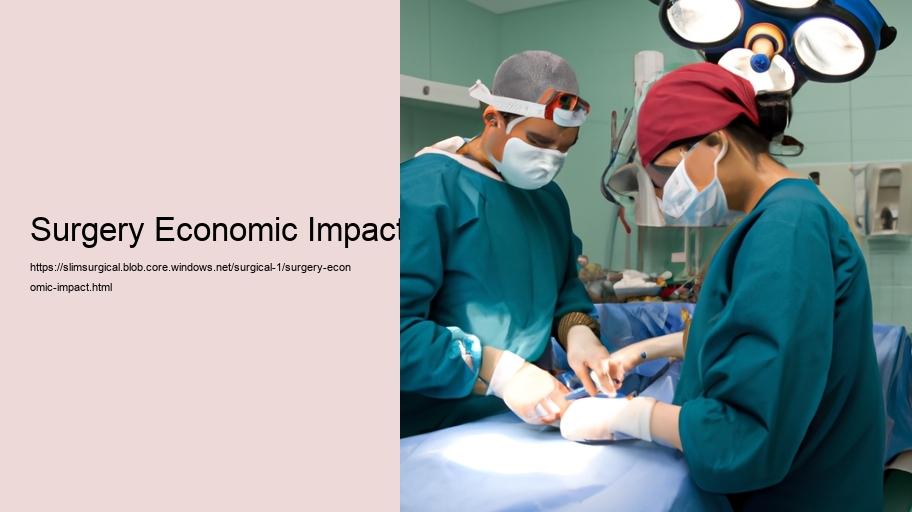Surgery Economic Impact
Surgery is an integral part of healthcare systems worldwide and encompasses a wide range of procedures from minor interventions to complex operations. The economic impact of surgery is multifaceted, affecting patients, healthcare providers, and entire economies in both direct and indirect ways. This essay explores these various economic dimensions, shedding light on the costs and benefits associated with surgical procedures.
At the patient level, the economic impact of surgery can be profound. For individuals requiring surgery, the direct costs include the expenses associated with the operation itself, such as hospital fees, surgeon fees, anesthesia, medication, and post-operative care. These costs can be burdensome, especially for those without adequate insurance coverage or in countries where healthcare is not subsidized. Additionally, there are indirect costs such as lost income during recovery, transportation to and from medical facilities, and the potential need for rehabilitation or long-term care.
From the perspective of healthcare providers, the economic impact of surgery is also significant. Hospitals and clinics must invest in infrastructure, technology, and staff to provide surgical services. This includes the cost of operating theaters, sterilization equipment, surgical instruments, and ongoing training for surgeons and support staff. As medical technology progresses, the need to update or replace expensive equipment also represents a considerable financial investment.
Surgery can also have a substantial economic impact at the system level. Effective surgical care is crucial for the treatment of a range of conditions, from acute injuries to chronic diseases. By providing timely and appropriate surgical interventions, healthcare systems can reduce the long-term burden of disease. This can lead to decreased healthcare costs over time as patients avoid complications or the need for more complex treatments. Moreover, surgery can contribute to the increased productivity of the population by enabling individuals to return to work and maintain their economic contributions to society.
On the other hand, if surgical services are not adequately managed, they can become a source of economic strain. Inefficiencies in scheduling, resource allocation, or surgical practices can lead to increased costs without corresponding improvements in patient outcomes. Additionally, in low- and middle-income countries, a lack of access to surgery can impede economic development, as untreated surgical conditions can lead to disability or premature death, thereby depleting the workforce.
The impact of surgery on economies is also felt in the realm of medical tourism. Some countries have become destinations for patients seeking high-quality, cost-effective surgical treatments not available or affordable in their home countries. This has led to significant capital inflow and employment opportunities in these regions, contributing positively to their economies.
However, the global disparity in surgical accessibility also reflects a broader economic imbalance. While affluent nations often have an oversupply of surgical services, poorer regions suffer from a dire shortage of trained personnel and facilities, leading to preventable deaths and disabilities. Addressing this imbalance is not only a matter of healthcare equity but also an economic imperative, as the improvement of surgical care in underserved areas can have a transformative effect on local and global economies.
In conclusion, the economic impact of surgery is a complex and dynamic aspect of healthcare that encompasses the financial realities faced by patients, the investment and operational costs incurred by providers, and the broader implications for healthcare systems and economies. Effectively managing the cost and delivery of surgical services can lead to improved health outcomes and economic benefits, while failure to do so can result in significant economic burdens. As such, the role of surgery in economic development and global health continues to be an area of critical importance for policymakers, healthcare professionals, and society at large.
